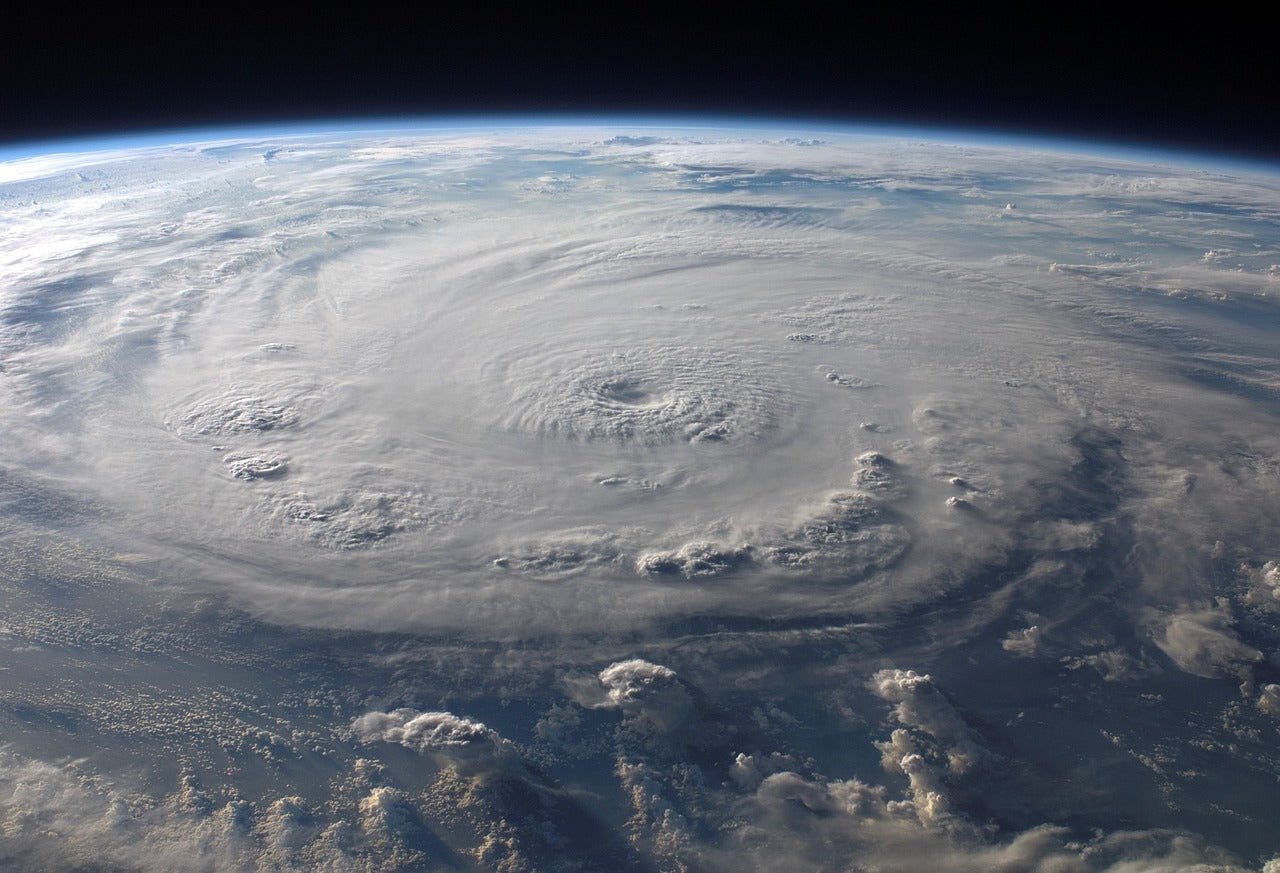As hurricane season approaches, it's crucial to be prepared for the potential impact of these powerful storms. The military, with its strategic focus on disaster response and readiness, offers valuable insights on the best way to prepare for a hurricane. By adopting a military perspective, individuals and communities can enhance their preparedness and ensure the safety of their loved ones. In this blog post, we will explore the key strategies and principles employed by the military to effectively prepare for and respond to hurricanes.
- Develop a Comprehensive Plan: Like any successful military operation, preparing for a hurricane requires a well-thought-out plan. Start by conducting a risk assessment to identify potential vulnerabilities and hazards specific to your area. Create a detailed emergency plan that includes evacuation routes, designated meeting points, and communication protocols for your family or community. Assign roles and responsibilities to ensure everyone knows what to do when the time comes.
- Maintain a Hurricane Kit: Military personnel are trained to have essential supplies readily available, and the same principle applies to hurricane preparedness. Assemble a hurricane kit well in advance, including non-perishable food, water, medications, first aid supplies, flashlights, batteries, important documents, cash, and a battery-powered radio. Also, consider including tools, such as a multi-tool kit, to address potential post-storm challenges.
- Stay Informed: Effective communication is vital during a hurricane. Stay informed by monitoring reliable sources such as the National Hurricane Center, local news channels, and official government websites. The military utilizes sophisticated communication systems, and you can leverage modern technology to receive alerts and updates via smartphone apps or emergency radio frequencies.
- Secure Your Property: Just as the military fortifies its bases, securing your property is crucial to minimize damage during a hurricane. Reinforce windows and doors with storm shutters or plywood. Trim trees and remove loose objects that could become projectiles in high winds. Secure outdoor furniture and equipment, and reinforce your garage doors. Taking proactive steps to safeguard your property will significantly reduce potential hazards.
- Prepare for Power Outages: Power outages are common during hurricanes, and military operations often rely on backup power sources. Equip your home with a generator or ensure you have a sufficient supply of batteries for essential devices. Consider investing in a solar charger for your phone and portable power banks for additional backup. Stock up on fuel for generators and vehicles in case gas stations become inaccessible or run out of fuel.
- Evacuation Planning: When authorities issue evacuation orders, it is crucial to follow them promptly. Plan your evacuation route in advance and identify nearby shelters or safe locations where you can seek refuge. Make sure your emergency plan includes provisions for pets, as many shelters may not allow them. If you're unable to evacuate, create a safe space within your home, preferably in a small, windowless interior room, and ensure you have ample supplies to ride out the storm.
- Practice and Training: Military personnel undergo extensive training to respond effectively in crisis situations. Similarly, conducting drills and practicing your emergency plan with your family or community will enhance your readiness and minimize panic during a hurricane. Regularly review your plan, address any gaps, and refine your strategies based on lessons learned from previous experiences.




